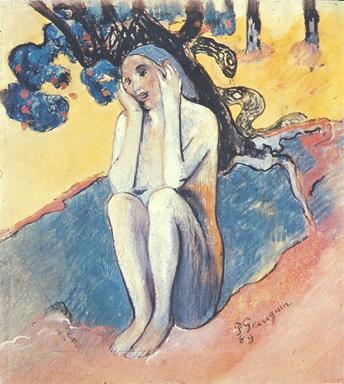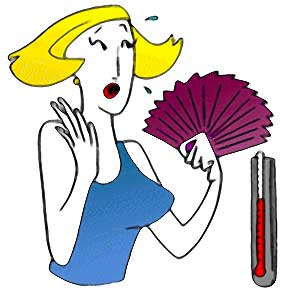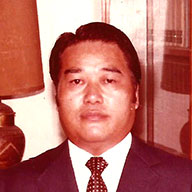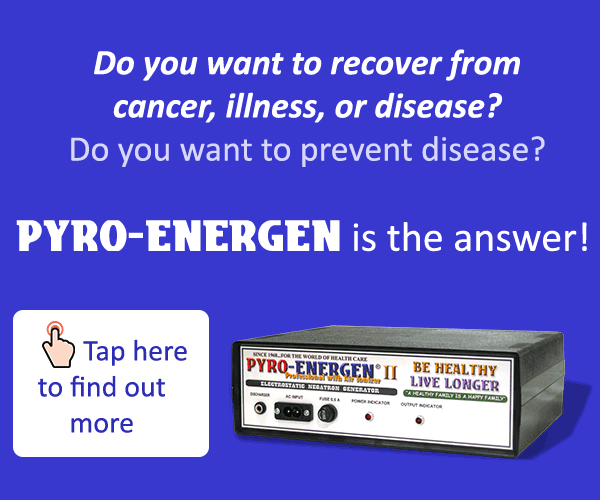What You Should Know About Post-Menopausal Syndrome
Post-menopausal syndrome occurs on women after their menstrual cycle has completely stopped for more than a year. Usually, women experience post-menopause syndrome between the ages of 44 and 55 because of hormone changes and extremely low progesterone levels.
Menopause also occurs among males as testosterone levels decline with age. They call it male menopause or andropause.

What Are the Symptoms of Post-menopausal Syndrome?
Some of the common symptoms of post-menopausal syndrome are:
- palpitation or irregular rapid heart rate
- sudden spikes in blood pressure
- abdominal pain
- excessive sweating
- headache or dizziness
- tinnitus or ringing in ears
- low-grade fever
- hot flashes
- dehydration
- stiff neck
- insomnia
- fatigue
- numbness
- hyperesthesia
- joint and muscle pain
- pain during intercourse

Emotional symptoms may include:
- depression
- anxiety
- irritability
For men, one of the primary symptoms of andropause is erectile dysfunction (ED)
What Causes Post-Menopausal Syndrome?
The main cause of post-menopausal syndrome is erratic hormonal imbalance or fluctuations that affect women anywhere from one to three years after their last period and after menopausal stage.
Post-menopause is the stage wherein the ovaries become inactive due to extremely low levels of estrogen (female hormone), which is as much as 40 to 60 percent of what it was before menopause. The progesterone levels also decline significantly to almost "zero".
What about Andropause in Men?
In men, the amount of testosterone (male hormone) levels that is secreted from the testes starts to decline from around 30 years old. Andropause symptoms usually occur in the late 40s.

Unlike the reduction of estrogen levels in women, the decline of testosterone levels in men is much more gradual and steady. Also, andropause does not cause a man's reproductive system to stop. Therefore, andropause symptoms are actually difficult to diagnose and many actually never notice any symptoms.
How Do You Treat Post-Menopausal Syndrome?
Women suffering from post-menopausal syndrome are at a higher risk of breast cancer, hair loss, cardiovascular diseases, and osteoporosis.
Hormone Replacement Therapy (HRT) is one of the most common treatments for post-menopausal women. Others may also be treated with traditional methods such as herbal medicines and placenta therapy.

In hormone replacement therapy, the treatment is administered orally (via tablets) or through skin patches to boost estrogen and progesterone levels.
United States, Europe, and Japan, have a proven track record with hormone therapy for more than 30 years. Hormone therapy helps improve both physical and emotional measures of quality of life among older women.
Of course, hormone replacement therapy is not without side effects. Although estrogen supplementation will help combat age-related conditions, hormone intake can still produce unwanted effects. The best natural approach is still a good diet, nutrition, and exercise.
PYRO-ENERGEN Therapy for Menstruation Problems

So far, there is no silver bullet that can completely eradicate post-menopausal problems with current medical societies. However, many users of the PYRO-ENERGEN machine including our research groups are reporting that daily use of the machine can greatly help reduce pains and unreasonable menstruation occurrences.
6 Interesting Menstruation Trivia

- A woman will spend around 3,500 days menstruating.
- In this modern society, an average woman menstruates 450 times in her life. Prehistoric women menstruated only 50 times. Today, women in agrarian regions menstruate around 150 times in a lifetime.
- Apart from human females, the only other mammals to undergo menopause are elephants and humpback whales.
- Smoking cigarettes can kill a woman's eggs and stop menstrual periods prematurely.
- Christian churches used to refuse communion to menstruating women.
- Some women experience cold or flu symptoms every time their period hits.
Related Articles
1. "Heart Disease Risk Increases at Age 40 and on Menopausal Women"
2. "Valvular Heart Disease: What You Need to Know"
3. "Hidden Diabetes May Result To Sudden Heart Attack"
4. "Heart Attack (Myocardial Infarction) and Sudden Death"
5. "Fatty Heart Means Increased Risk of Heart Disease"
Reprint Rights: You may reprint this article within your website, blog, or newsletter as long as the entire article remains the same as well as the “About the Author” box.



 Junji Takano is a Japanese health researcher involved in investigating the cause of many dreadful diseases. In 1968, he invented PYRO-ENERGEN, the first and only electrostatic therapy machine that effectively eradicates viral diseases, cancer, and diseases of unknown cause.
Junji Takano is a Japanese health researcher involved in investigating the cause of many dreadful diseases. In 1968, he invented PYRO-ENERGEN, the first and only electrostatic therapy machine that effectively eradicates viral diseases, cancer, and diseases of unknown cause.


